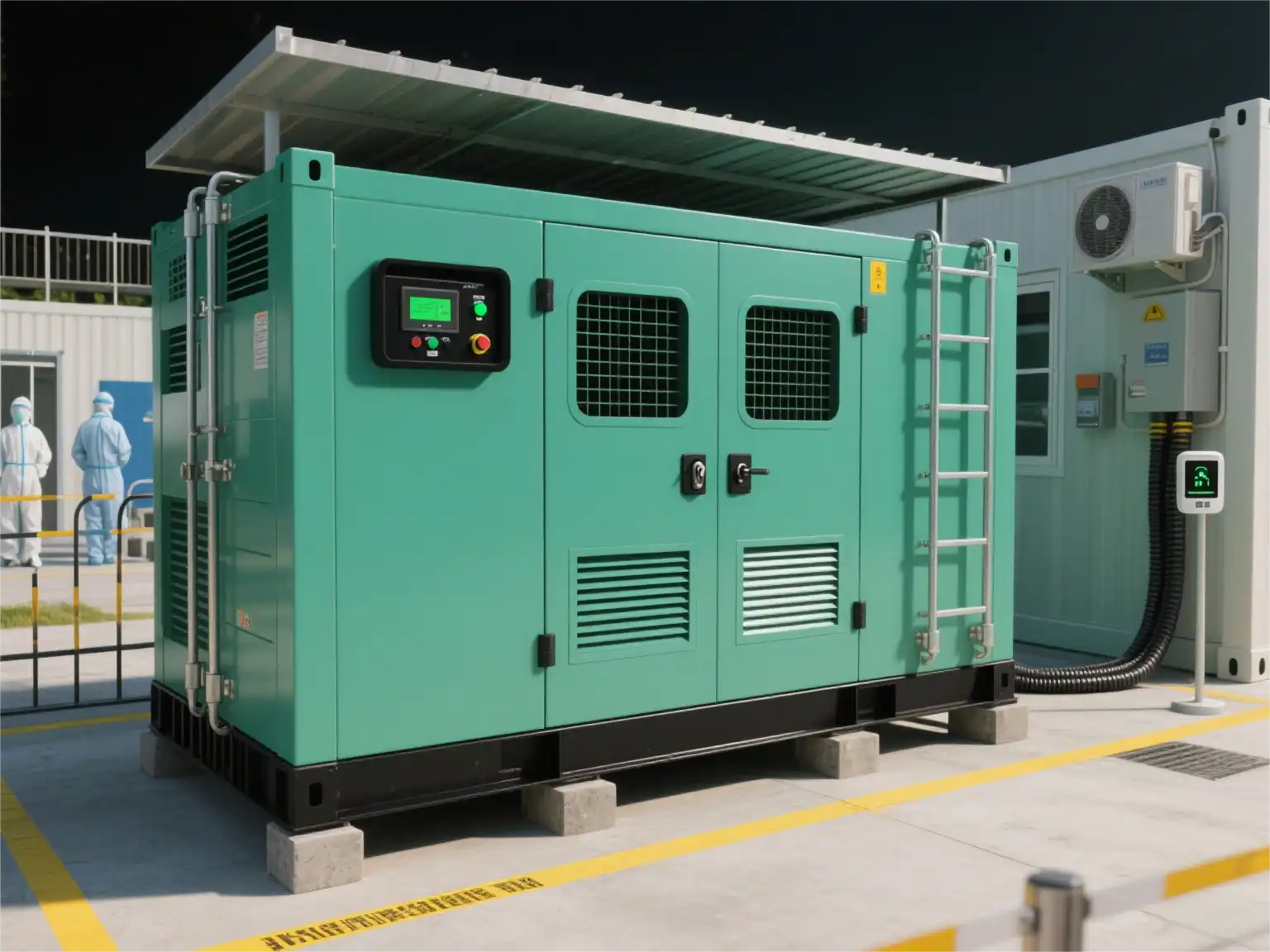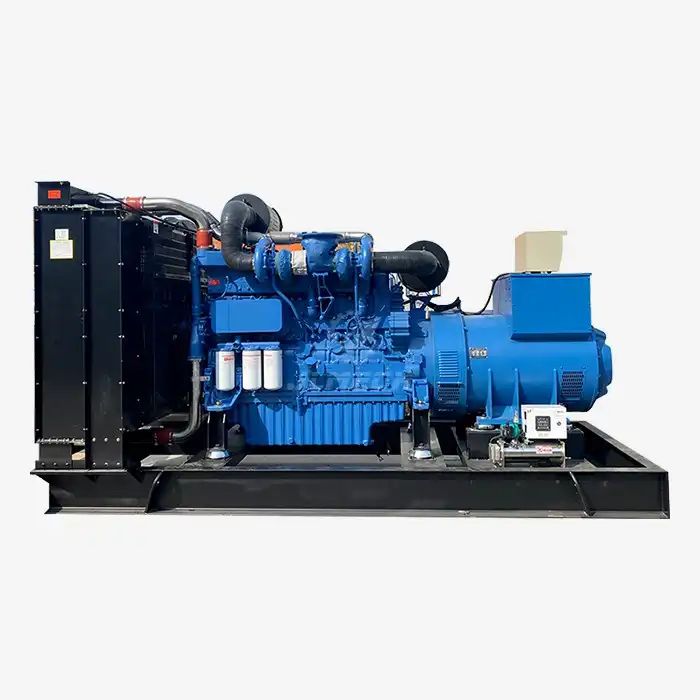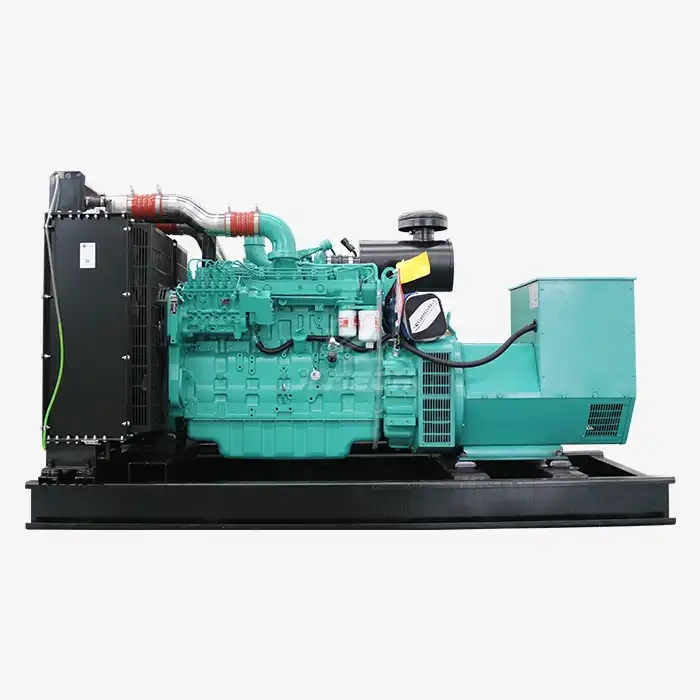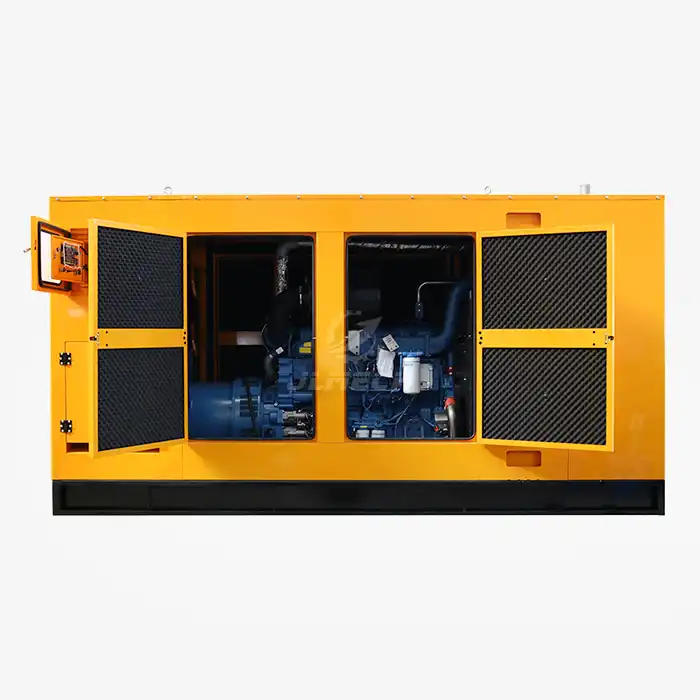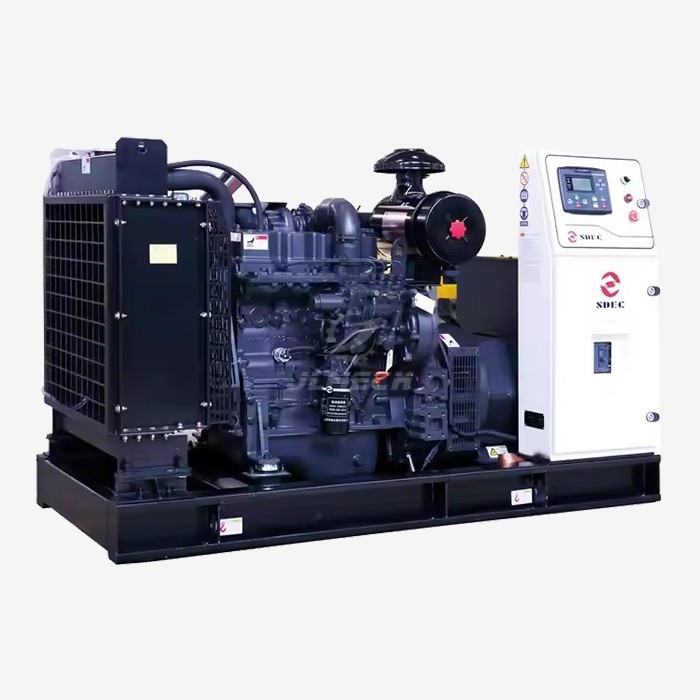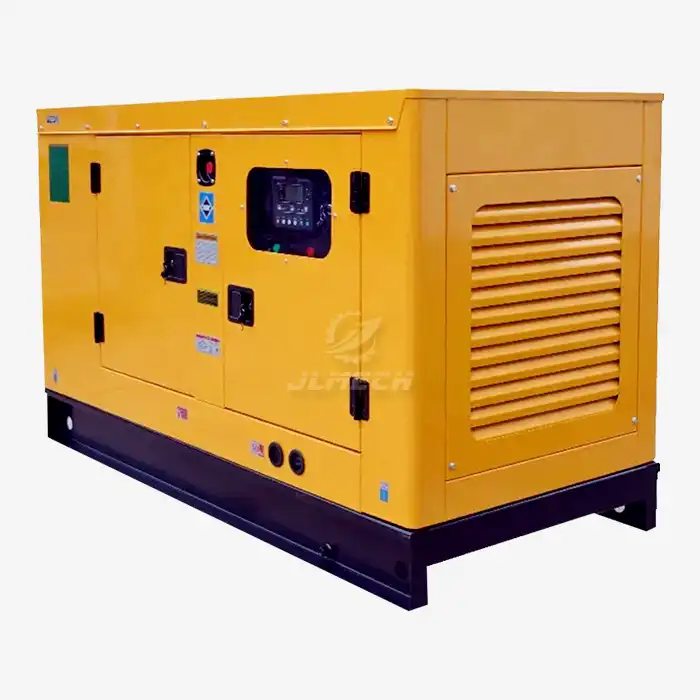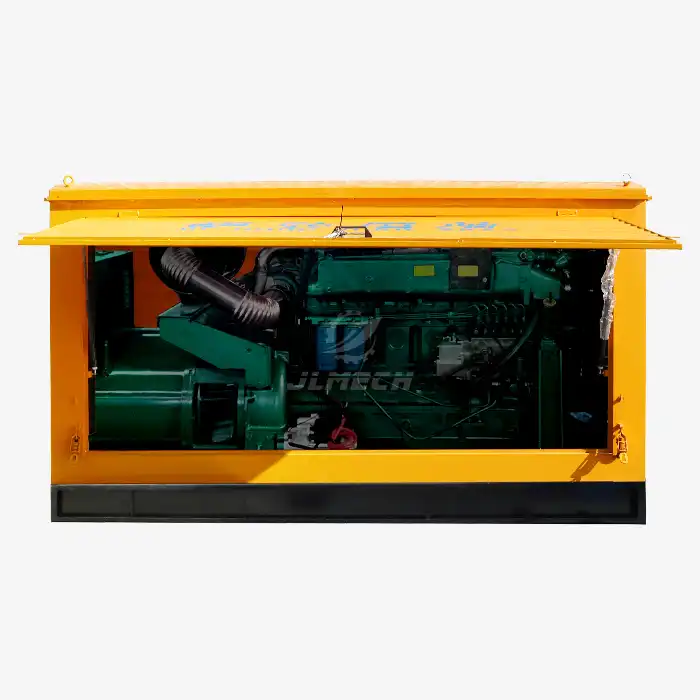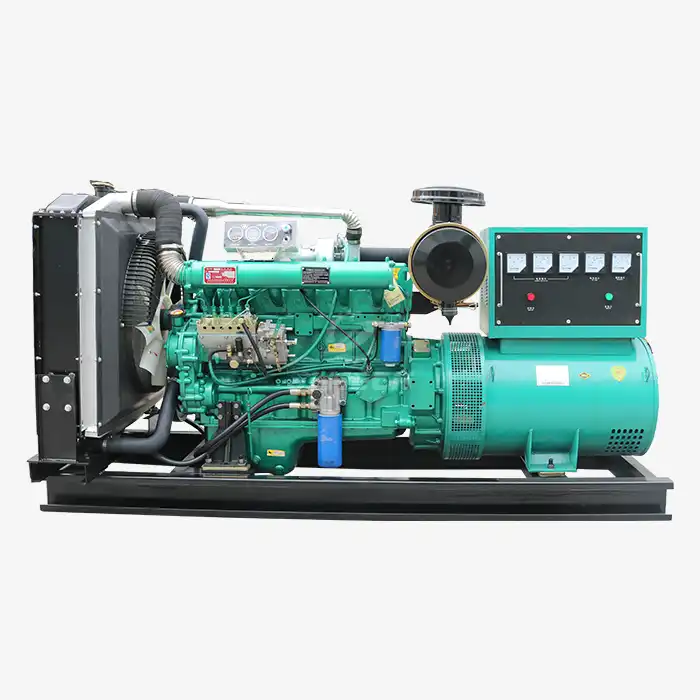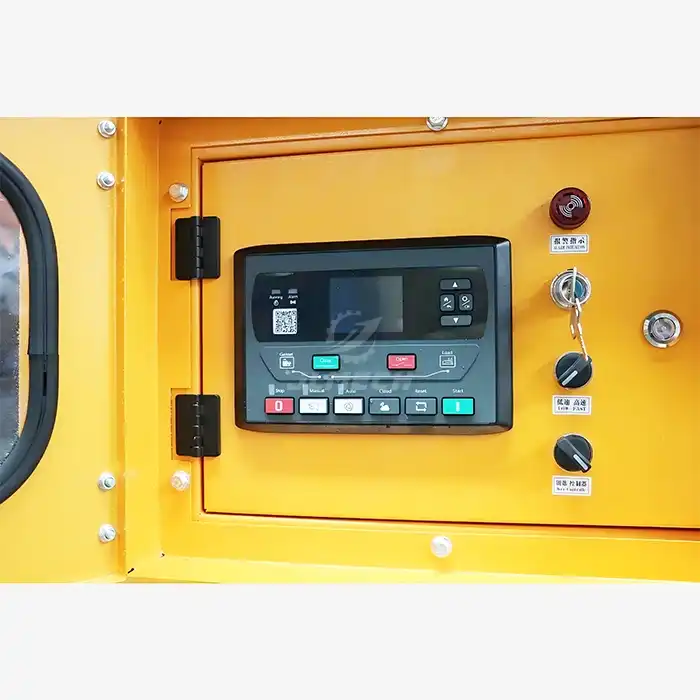Ensure uninterrupted power from diesel generators
In temporary medical facilities, maintaining a constant power supply is critical for patient care and safety. Diesel generators play a vital role in this aspect, offering reliable and consistent power output. To ensure uninterrupted power, several key factors must be addressed:
Fuel Management and Efficiency
Proper fuel management is crucial for continuous operation. Modern diesel generators often come equipped with advanced fuel monitoring systems, allowing operators to track consumption and plan refueling accordingly. Fuel efficiency is another important consideration, as it directly impacts the generator's runtime and operational costs. Many contemporary generators utilize advanced engine designs and fuel injection systems to maximize efficiency, reducing fuel consumption without compromising power output.
Regular Maintenance and Monitoring
Implementing a rigorous maintenance schedule is essential for preventing unexpected breakdowns. This includes regular oil changes, filter replacements, and thorough inspections of critical components. Many generators now feature remote monitoring capabilities, allowing technicians to track performance metrics in real-time and address potential issues before they escalate. This proactive approach significantly reduces the risk of power interruptions in sensitive medical environments.
Load Management and Scalability
Effective load management ensures that the generator operates within its optimal range, enhancing efficiency and longevity. In temporary medical facilities, power demands can fluctuate based on patient intake and equipment usage. Implementing a smart load distribution system can help balance the power draw across multiple generators, such as a 25kw diesel generator, if necessary. Additionally, considering scalable solutions allows for easy expansion of power capacity as the facility's needs grow.
Jlmech's diesel generators are designed with these considerations in mind, offering robust solutions for uninterrupted power in temporary medical settings. Their advanced control systems and efficient engines ensure reliable performance even under challenging conditions.
Emission Standards: Meeting Healthcare Regulations
Adhering to stringent emission standards is crucial when deploying diesel generators in healthcare settings. This compliance not only ensures regulatory adherence but also contributes to a healthier environment for patients and staff. Key aspects to consider include:
Tier 4 Compliance
The latest Tier 4 emission standards set by environmental agencies significantly reduce the allowable levels of particulate matter and nitrogen oxides in generator emissions. Generators meeting these standards incorporate advanced technologies such as selective catalytic reduction (SCR) and diesel particulate filters (DPF) to minimize harmful exhaust components. When selecting a generator for a medical facility, prioritizing Tier 4 compliant models ensures the highest level of emission control available.
Noise Reduction Technologies
While not directly related to exhaust emissions, noise pollution is another important environmental consideration in healthcare settings. Modern diesel generators often feature sophisticated sound attenuation systems, including acoustic enclosures and advanced muffler designs. These features help maintain a quieter environment, which is essential for patient recovery and staff well-being.
Fuel Quality and Efficiency
The quality of fuel used in diesel generators significantly impacts emissions. Ultra-low sulfur diesel (ULSD) is now standard in many regions and is required for use in Tier 4 compliant engines. Additionally, generators with higher fuel efficiency, such as a 25kw diesel generator, not only reduce operational costs but also contribute to lower overall emissions by consuming less fuel for the same power output.
Jlmech's commitment to environmental responsibility is reflected in their generator designs, which prioritize emission control and efficiency. Their models are engineered to meet or exceed current regulatory standards, making them suitable for use in sensitive healthcare environments.
Backup Systems: Redundancy for Critical Care
In temporary medical facilities, where lives often depend on continuous power supply, implementing robust backup systems is non-negotiable. Redundancy in power generation ensures that critical care services remain uninterrupted even in the face of unexpected failures or maintenance requirements. Key considerations for backup systems include:
Multiple Generator Setups
Deploying multiple smaller generators instead of a single large unit can provide enhanced reliability. This configuration allows for load sharing and ensures that if one generator fails, others can pick up the slack. It also facilitates easier maintenance as individual units can be serviced without compromising the entire power supply. For instance, a setup using two 25kw diesel generators operating in parallel can offer both redundancy and flexibility in power management.
Automatic Transfer Switches (ATS)
Incorporating Automatic Transfer Switches is crucial for seamless transition between power sources. These devices monitor the primary power supply and instantly switch to the backup generator in case of a failure. Advanced ATS systems can also manage load prioritization, ensuring that critical equipment receives power first in the event of limited generator capacity.
Battery Backup Systems
While diesel generators provide the bulk of backup power, integrating uninterruptible power supply (UPS) systems with battery backups adds an extra layer of protection. These systems bridge the gap during the brief period it takes for generators to start up, ensuring that sensitive medical equipment experiences no power interruption whatsoever.
Jlmech's range of diesel generators includes models specifically designed for parallel operation, making them ideal for creating redundant power systems in medical facilities. Their advanced control systems facilitate easy integration with ATS and UPS setups, ensuring comprehensive power backup solutions.
Before we conclude, let's take a closer look at Jlmech's 25kw diesel generator offerings, which are particularly well-suited for temporary medical facilities. These generators are part of our silent diesel generator range, engineered for environments where noise reduction is crucial. With an AC output range of 20-3000KW, our 25kw model strikes an ideal balance for many medical applications. It operates at a standard frequency of 50Hz, with a rated AC voltage of 400/230V, making it compatible with a wide range of medical equipment.
The generator features a water-cooled, turbocharged diesel engine, ensuring efficient operation and reliable performance. With engine speeds of 1500 RPM, it provides stable power output critical for sensitive medical devices. The three-phase configuration allows for versatile power distribution across various equipment types. Fuel tank capacities range from 50 to 5000L, offering extended runtime options crucial for temporary facilities that may have limited access to fuel resupply.
Jlmech's commitment to quality is evident in the certifications our generators hold, including CE, Euro 5, EPA, and CARB compliance. This ensures that our generators meet stringent environmental and safety standards required in healthcare settings. The compact design facilitates easy transport and installation, a key consideration for temporary medical facilities that may need to be set up quickly in various locations.
Our generators are backed by a team of 52 engineers and 27 senior technicians, ensuring optimal performance tailored to specific industry needs. With 26 overseas offices providing rapid support and spare parts delivery, Jlmech offers peace of mind for critical medical operations relying on consistent power supply.
Conclusion
Selecting the right diesel generator for a temporary medical facility is a decision that carries significant weight. The ideal choice must balance power output, reliability, emission compliance, and backup capabilities. A 25kw diesel generator, when properly specified and integrated into a comprehensive power system, can provide the robust and flexible solution needed in these critical environments.
Are you in charge of powering a temporary medical facility or similar critical operation? Don't leave your power needs to chance. Jlmech, with over 29 years of experience in power solutions, offers custom-tailored generator systems designed to meet the unique demands of healthcare environments. Our global expertise, coupled with local support through 26 overseas offices, ensures you get not just a product, but a complete power solution backed by rapid technical assistance and spare parts delivery.
Take the first step towards uninterrupted, efficient power for your medical facility. Contact us today at skala@whjlmech.com to discuss how our 25kw diesel generators and custom power solutions can meet your specific needs. Let Jlmech be your partner in powering critical care with confidence.
References
1. World Health Organization. (2022). "Technical specifications for mobile health care units."
2. American Society for Health Care Engineering. (2023). "Guidelines for emergency power systems in healthcare facilities."
3. Environmental Protection Agency. (2021). "Emissions standards for stationary diesel engines in critical infrastructure."
4. Journal of Emergency Medicine. (2022). "Power requirements and challenges in temporary medical facilities: A comprehensive review."
5. International Journal of Disaster Risk Reduction. (2023). "Optimizing generator selection for field hospitals: A case study analysis."
6. Energy Efficiency in Healthcare Facilities. (2022). "Balancing power needs and environmental impact in temporary medical settings."



